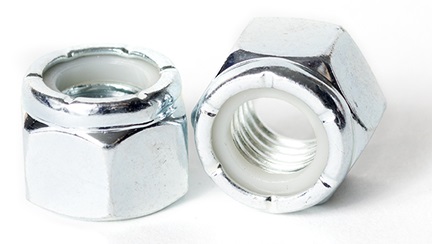Nylon Insert Locknuts Applications & Standards
Nylon insert locknuts find application across numerous industries due to their superior vibration resistance and reliable fastening capabilities. These specialized nutty nuts feature a nylon ring that creates friction against screw threads, preventing loosening over time. Common applications include automotive assemblies, aerospace components, machinery manufacturing, and construction projects where secure fastening is critical. The inner diameter of the nylon insert is slightly smaller than the bolt diameter, ensuring a tight fit that maintains tension even under constant vibration. Standards organizations have established specifications for these fasteners, with many manufacturers ensuring their products meet or exceed industry requirements. The variety of sizes and materials available makes nylon insert locknuts suitable for diverse applications, from delicate electronics to heavy-duty industrial equipment. Their trademark reliability has made them a preferred choice for engineers and technicians who require dependable fastening solutions that maintain their grip in challenging environments.
FAQ
Lock nuts come in several varieties, each designed for specific applications. The most common types include nylon insert locknuts (nyloc nuts), prevailing torque nuts, distorted thread nuts, and toothed lock nuts. Each type uses different mechanisms to prevent loosening, with nylon insert varieties being particularly popular due to their reusability and consistent performance across a wide range of temperatures and applications.
Nylon insert lock nuts work by creating controlled friction between the nylon ring and the screw threads. When the bolt passes through the nut, the nylon insert deforms slightly to grip the threads, creating resistance that prevents the nut from backing off due to vibration or shock loads. This friction mechanism maintains secure fastening without requiring additional hardware.
Spring washers are typically not required with nyloc nuts, as the nylon insert provides sufficient locking action through friction. The internal nylon ring creates the necessary resistance to prevent loosening, eliminating the need for additional washers in most applications. However, specific applications may require washers for load distribution or to meet particular engineering requirements based on the assembly design.
Nylon lock nuts can generally be reused a limited number of times, though their effectiveness may diminish with each use. The nylon insert gradually wears down as the bolt threads pass through it, reducing the friction that provides the locking action. For critical applications, it's recommended to use new nylon lock nuts to ensure maximum holding power and reliability over time.








